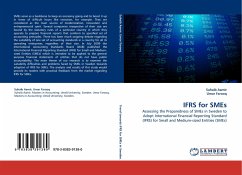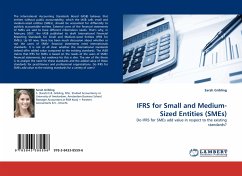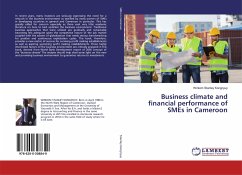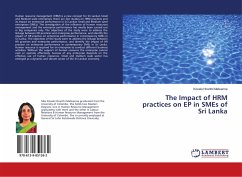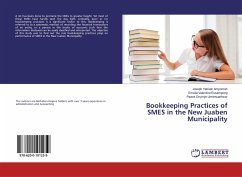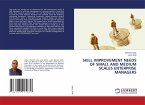SMEs serve as a backbone to keep an economy going and to boost it up in times of difficult hours like recession, for example. They are considered as the main source of modernization, innovation and entrepreneurial spirit. Several companies irrespective of their size are bound by the statutory rules of a particular country in which they operate to prepare financial reports that conform to specified set of accounting principles. There has been much ongoing debate regarding the suitability of one set of accounting standards in a country for all its operating enterprises, regardless of their size. In July 2009 the International Accounting Standards Board (IASB) published the International Financial Reporting Standard (IFRS) for Small and Medium-sized Entities (SMEs) which is intended to be applied to the general purpose financial statements of entities that do not have public accountability. The main theme of our research is to examine the suitability difficulties and problems faced by SMEs in Sweden towards adoption of IFRS for SMEs. The analysis and results of this study would provide its readers with practical feedback from the market regarding IFRS for SMEs.
Bitte wählen Sie Ihr Anliegen aus.
Rechnungen
Retourenschein anfordern
Bestellstatus
Storno

